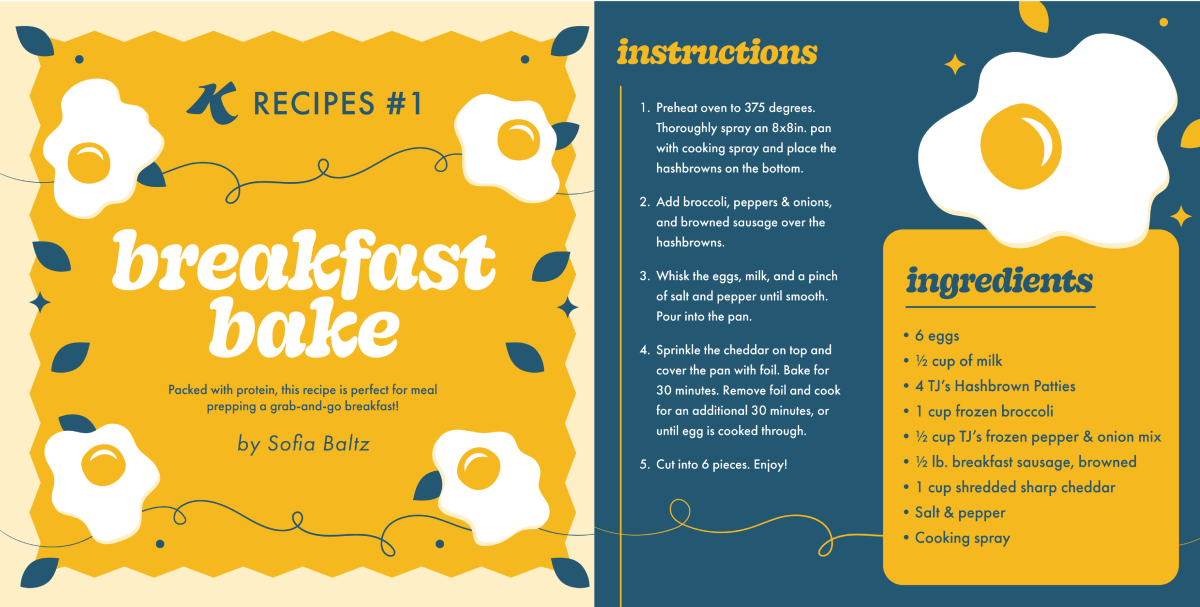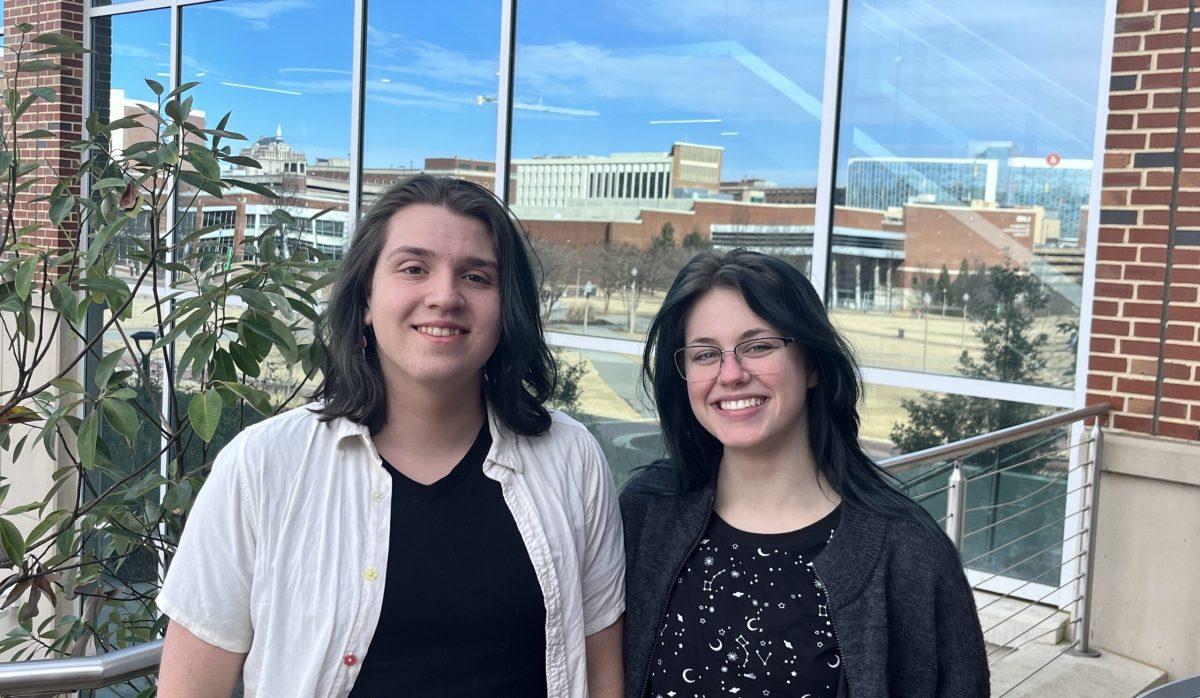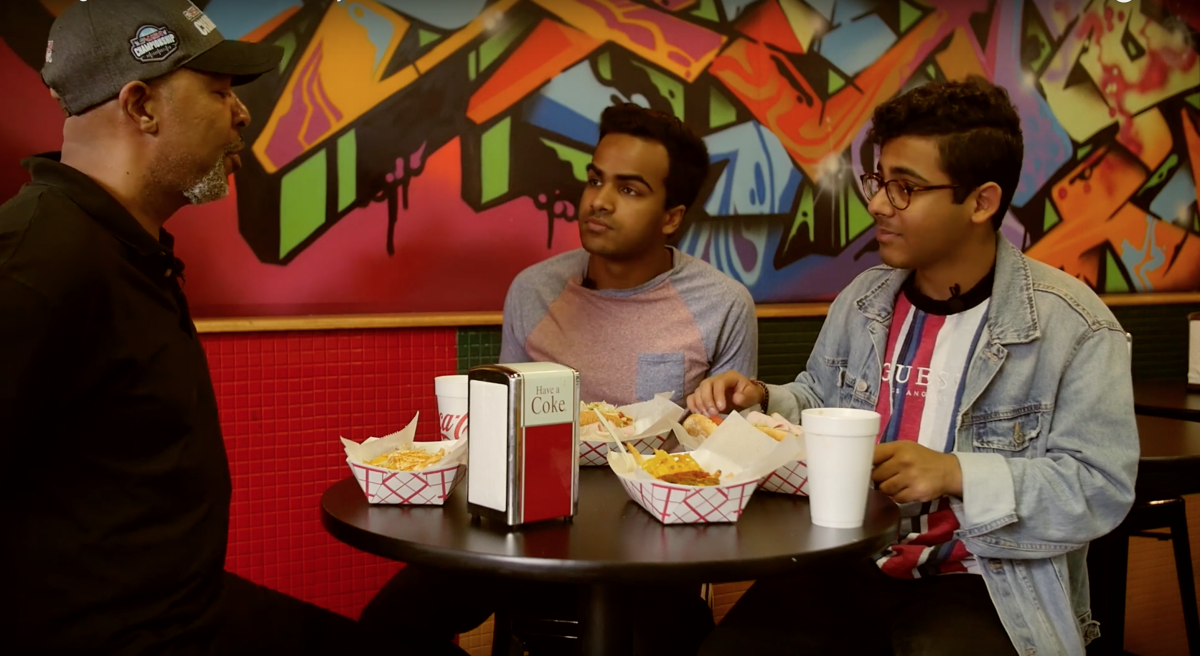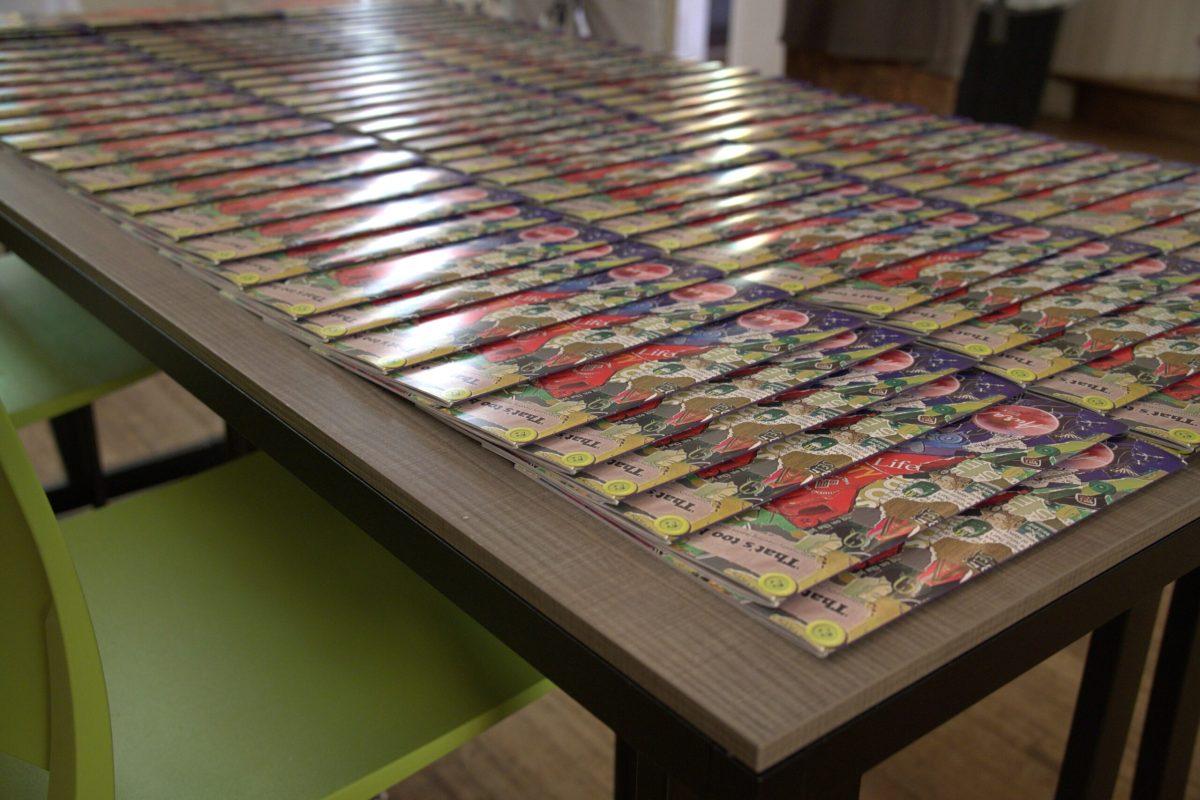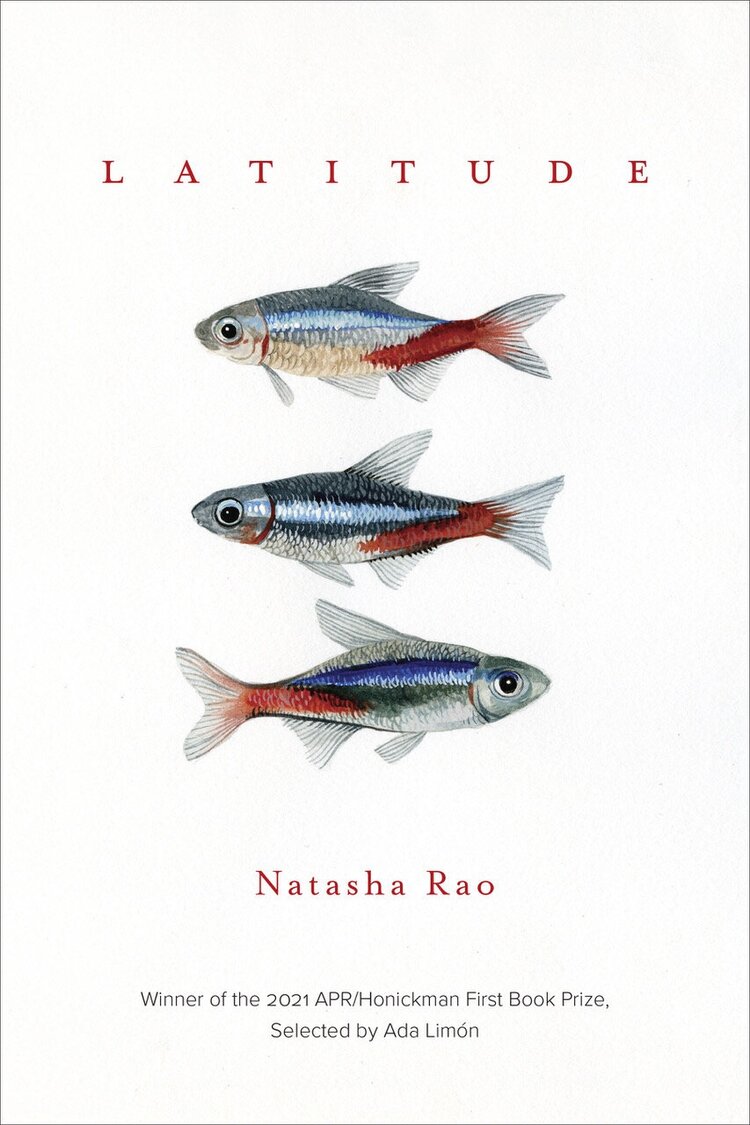With the word “poetry,” some people may hold the common misconception that poems should be layered with elusive meanings and stilted vocabulary. Others believe that to be a true poet, one has to follow a rigid set of rules and write using certain methods.
While many poems follow some form of meter or rhyme scheme, poetry is far too broad to be confined solely to any style or form. The wonderfully expansive, complex world of poetry gives us the opportunity to express any emotion or idea as we, the writers, see fit.
But just as a poet expresses themselves in a unique, innovative way, so too does the reader apply their own personal interpretation to a poem. In Natasha Rao’s poetry collection, “Latitude”, readers will find pieces of themselves hidden between the lines, and perhaps even in someone’s childhood vegetable garden.
Natasha Rao, poet and winner of the 2021 APR/Honickman First Book Prize, blends the hyper-specific with the universal in her poetry collection “Latitude.” One such poem, “In my next life let me be a tomato,” perfectly captures the often difficult–and awkward–transition from adolescence to adulthood. The lines “I have always been scared of my own ripening, / mother standing outside the fitting room door” alone display an anxiousness many teenagers face toward their changing appearances. The image of a parent hovering outside of the fitting room door while you try on the millionth dress or pair of pants at their request is all too familiar.

Rao masterfully incorporates elements of escapism and freedom when the speaker yearns for an escape from depression by envisioning a new life as a thriving tomato: “In this life, rabbits / are afraid of my clumsy gait. In the next, let them come / willingly to nibble my lowest limbs.” Natasha’s ability to convey an array of emotions through her writing is incredibly impressive, alongside her unique vocabulary and syntax.
While “In my next life let me be a tomato” uses many of the speaker’s personal experiences, anyone can read the poem and find themselves overwhelmed by a flood of emotions or sheer nostalgia for a simpler life. Whether it be for relatability or for the opportunity to experience Natasha Rao’s unique writing style, everyone needs to read “In my next life let me be a tomato.”
Read Natasha Rao’s poem “In my next life let me be a tomato” as published in “The Adroit Journal,” Issue 37.
In my next life let me be a tomato
lusting and unafraid. In this bipedal incarnation
I have always been scared of my own ripening,
mother standing outside the fitting room door.
I only become bright after Bloody Mary’s, only whole
in New Jersey summers where beefsteaks, like baubles,
sag in the yard, where we pass down heirlooms
in thin paper envelopes and I tend barefoot to a garden
that snakes with desire, unashamed to coil and spread.
Cherry Falls, Brandywine, Sweet Aperitif, I kneel
with a spool, staking and tying, checking each morning
after last night’s thunderstorm only to find more
sprawl, the tomatoes have no fear of wind and water,
they gain power from the lightning, while I, in this version
of life, retreat in bed to wither. In this life, rabbits
are afraid of my clumsy gait. In the next, let them come
willingly to nibble my lowest limbs, my outstretched
arm always offering something sweet. I want to return
from reincarnation’s spin covered in dirt and
buds. I want to be unabashed, audacious, to gobble
space, to blush deeper each day in the sun, knowing
I’ll end up in an eager mouth. An overly ripe tomato
will begin sprouting, so excited it is for more life,
so intent to be part of this world, trellising wildly.
For every time in this life I have thought of dying, let me
yield that much fruit in my next, skeleton drooping
under the weight of my own vivacity as I spread to take
more of this air, this fencepost, this forgiving light.











